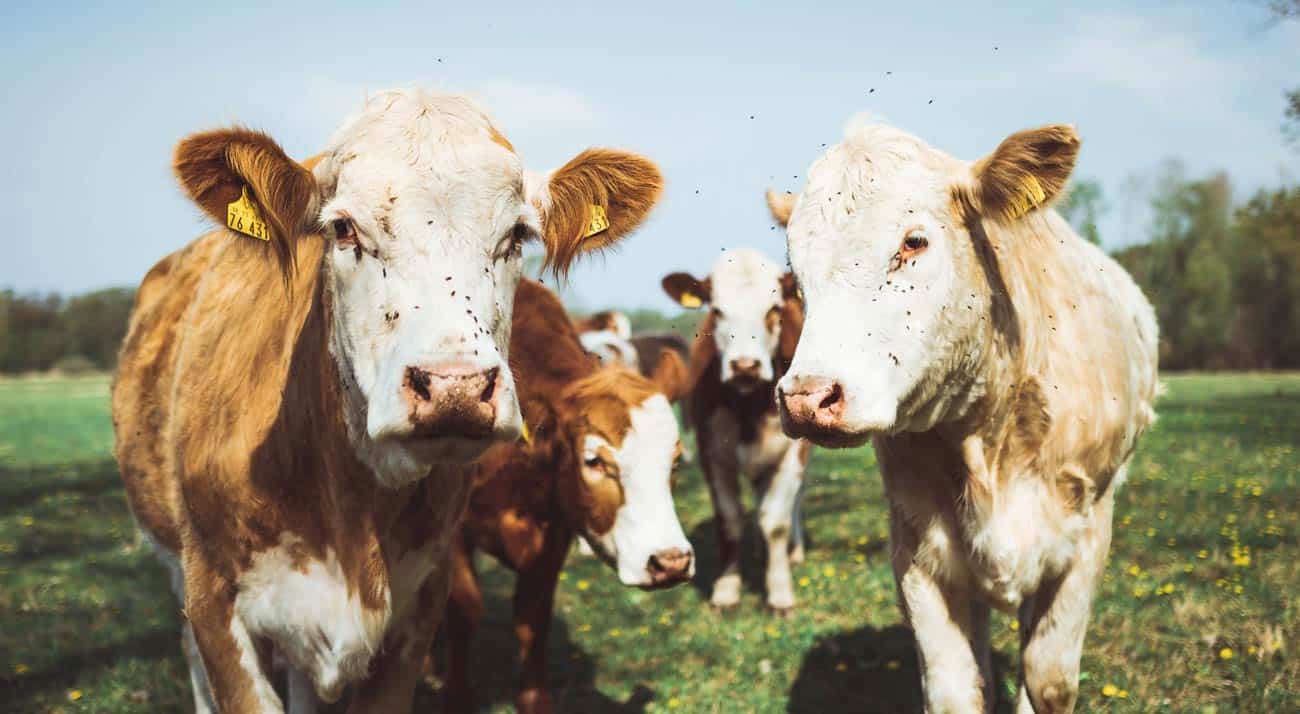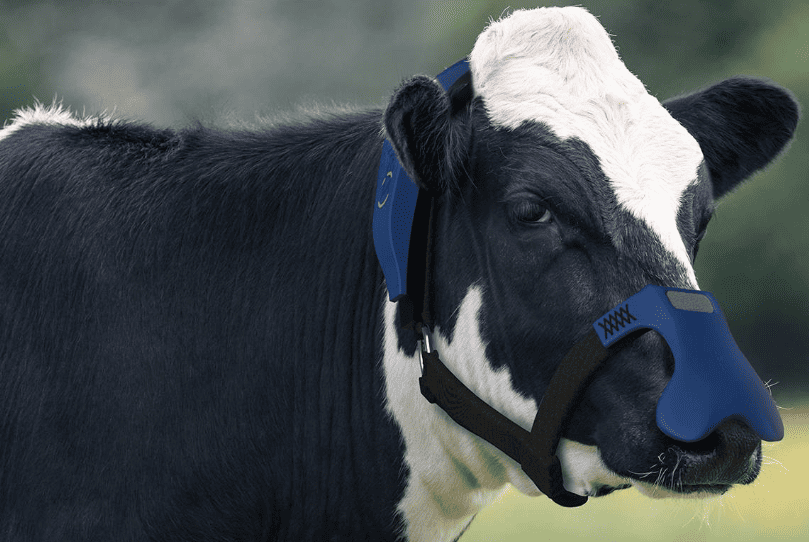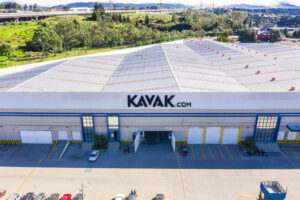
Por Jacob Atkins
November 11, 2019
Contxto – Two Argentine brothers recently showcased their agrotech solution at the REAP (Realising our Economic and Agricultural Potential) Conference in Newmarket, England. Known as ZELP (Zero Emissions Livestock Project), the duo has developed a device that analyzes methane in cow burps.
Being the central-event of Agri-Tech Week 2019, the affair brought together industry players to strategize ways in which technology could lower agriculture’s impact on the environment. Everyone from scientists, tech engineers, startup founders and farmers attended the expo.
Based on ZELP’s commitment to lowering the agriculture industry’s environmental influence, the technology that measures methane gases from cow burps yields massive potential to curb global warming.
Wrapping up last week, brothers Francisco and Patricio Norris from ZELP exhibited alongside other emergent agrotech technology, such as crop-monitoring drones and field-mapping robots.
While Francisco specializes in technological design, Patricio is knowledgable about natural gas and methane treatments. According to him, not only is methane a dangerous greenhouse gas but also a metric of feed efficiency.
That’s to say, flatulent animals could potentially be wasting between 5 and 12 percent of the nutritious energy.
Since agriculture represents one-tenth of human-made greenhouse gas emissions, ZELP’s apparatus essentially captures methane from cows and transforms it into something a little less damaging to the disintegrating ozone layer.
“We have developed a technology that can detect when the cow burps – exhaling methane at high purity,” said Patricio. “(It) captures the gas to convert it to CO2 and water, reducing its global warming potential by a factor of 85 times.”
To accomplish this, a cow uses a wearable “node” that goes over its muzzle. This way, when the cow burbs, the chemicals are trapped. Not applied to the rear end as of yet, whatever comes out becomes valuable data that both scientists and farmers can utilize.

With the captured methane, analysts can record and inspect the statistical data remotely. This will allow researchers to devise more strategies for the element’s efficient use. Likewise, the device serves farmers in multiple ways. Uses include animal tracking, identifying potential diseases and even knowing when is the best day to milk the cow.
This ultimately leads to increased financial returns for players in the agricultural value chain. Additionally, there are mobile and blockchain integrations, according to the ZELP website.
Back in Argentina, Patricio’s and Franciso’s parents manage a large cattle ranch. The company is currently based in England.
-JA

Por Yanin Alfaro
February 17, 2026

Por Israel Pantaleón
February 17, 2026

Por Stiven Cartagena
February 13, 2026